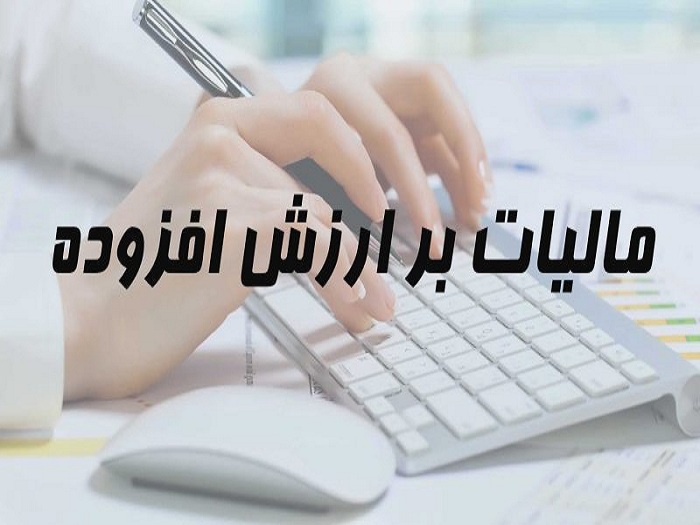VAT became lawless

The non-renewal of the temporary VAT law in the parliament, which was implemented until the end of October this year, has overshadowed 120,000 billion tomans of the revenues of these sectors, and no tax can be collected without the law.
According to the International Iranian Stone Exhibition, the pilot law on VAT was approved in 2008 and was valid until the end of 2013. After that it was renewed every year in the budget law.
The latest law was passed on a trial basis for the current year, which was set to be extended until the end of October, and was supposed to be replaced by a new law after the VAT law was amended.
The 10th parliament sent the permanent value-added tax law to the Guardian Council, and the predictions were that it would be finalized and implemented by mid-year, but these assumptions did not come true.
The deputies of the tenth parliament gave their place to the deputies of the eleventh term, and the Guardian Council also had many objections to the resolution of the parliament.
Therefore, the temporary VAT law has expired for 11 days now and the new law has not been finalized.
In order for the government to be able to collect VAT legally, in July of this year, it sent a double urgency bill to the parliament and demanded its extension until the end of 1400.
The bill had two urgency pros and cons in parliament, and differing views were offered.
Explaining the reason for Dufourite's request to consider the bill to extend the VAT law by the end of 1400, government representative Hadi Ghavami said: The Tax Affairs Organization was supposed to complete the VAT law amendment by the middle of this year, but due to the council's opinion. Guard did not. Since the deadline for the implementation of this law expires at the beginning of October, it is necessary to extend the previous law for one year in order to preserve one of the sources of funding.
In this regard, Jafar Ghaderi believes: The government is like a lying shepherd in this regard, because it has made many promises but has not fulfilled them, and therefore the key laws that should have been permanent in previous years have not yet been concluded. The implementation of the VAT law is until the end of October, so if it is not renewed, the officials must apply for a permit to implement it in the Council of Heads of Forces and the Supreme Leader of the Revolution.
On the other hand, the proponents believe that if the previous legal extension is agreed upon, the new duties of the government will be difficult.
In this regard, Seyyed Mohsen Dehnavi, a member of the Program and Budget Commission of the parliament, in opposition to the urgent request for a bill to extend the VAT law, said: The current VAT law is 5 years old and is constantly being renewed, while the parliament Has been amended and approved. The current shortcomings of the VAT law have been addressed by the Economic Commission of the Parliament.
He says: "Considering the fact that in the new resolution, important tasks were placed on the government, some of them need to be implemented by the winter of this year, so the extension of this could delay the implementation of these tasks by the government."
Seyyed Nasser Mousavi Largani, another member of parliament, had also stated: "Unfortunately, the government is not fulfilling its main duties and is not willing to submit the bill in a timely manner." It is being considered, it seems that this law should be extended by the end of this year.
According to Fars, according to the budget law, more than 90,000 billion tomans of value added tax and 30,000 billion tomans of rural and municipal taxes that will be collected simultaneously will be undecided.
Despite all these interpretations and examining the opinions of the proponents and the opponents, the members of parliament did not vote for the two urgencies, and after approving an urgency, it went to the Economic Commission for consideration. It is unknown at this time what he will do after leaving the post.
On the other hand, Article 51 of the Constitution explicitly states that no tax is imposed except by law.
Therefore, at the moment, the devices and departments that demand this type of tax from the people, importers and producers are without law.
In addition, according to the law on store terminals, the software, hardware and system infrastructure must be set up by the Tax Affairs Organization by the end of February, and taxpayers have three months to register their transactions in the system and from May 1, 1400 Officially begin their activities. The law states that VAT can be claimed based on the data and activity of the store terminal system, and that there is no tax audit right by the tax administration.
Therefore, if the bill to extend the VAT law proposed by the government is approved, it means that the government has no plans to implement the law on store terminals and the implementation of the existing laws will be practically suspended.










